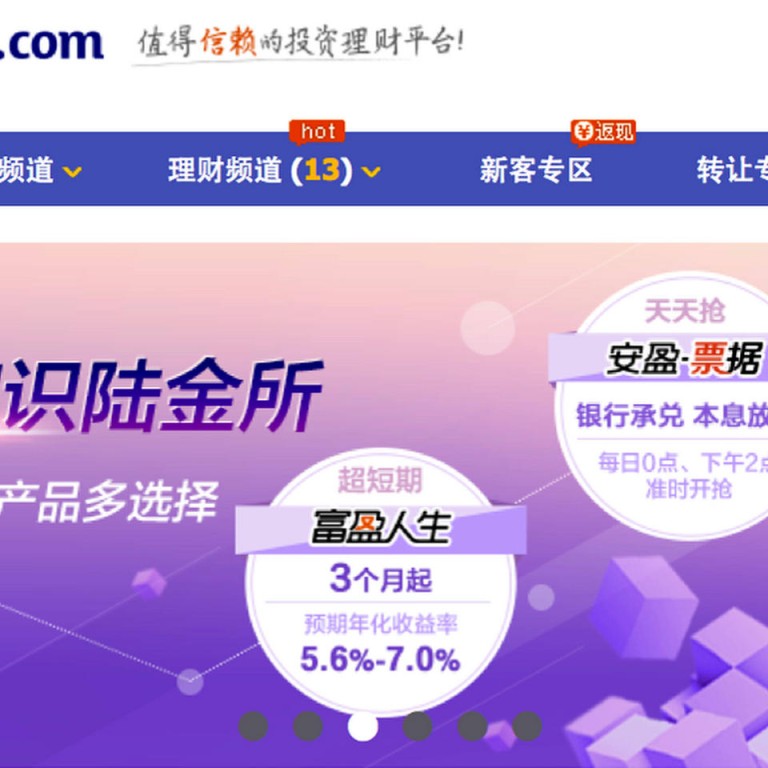
New | China mulls tighter rules on booming P2P lending business
China eyes tighter rules on P2P lending business
China's banking regulator is considering tighter oversight of the booming online peer-to-peer (P2P) lending business, including setting a high capital requirement that is likely to push hundreds of players out of the market.
According to three officials with knowledge of the matter, the China Banking Regulatory Commission is considering a minimum capital requirement of 30 million yuan for online platforms operating P2P businesses.
The changes would also mean the total value of loans extended by the P2P platforms with their own capital cannot exceed 10 times their registered capital.
It is expected that the changes will take effect in the second half of this year as part of the regulator's efforts to contain the wild growth of P2P lending, the latest entrant to the country's shadow banking system.
"A credit crisis arising from the P2P model is nearly inevitable, given the present high default rate," said Yang Chongyi, the chief risk officer at Chengdui Financial Information. "It is estimated that 10 per cent of the P2P loans are either overdue or have become non-performing assets."
China has about 2,000 P2P lending platforms that serve as matchmakers for cash-hungry businesses and cash-rich investors. Most of the P2P businesses offer loans valued at less than 100,000 yuan to individuals and small businesses. The annualised borrowing costs when using P2P platforms are about 20 per cent.
Last year, 250 P2P businesses collapsed with about one-third of them involved in some kind of fraud, said Sun Zhanping, the general manager of ChinaPay e-Payment Service.
State-owned commercial banks in China are reluctant to grant loans to small firms, which have to resort to underground banks or the P2P model to borrow money for their operations.
The formerly illegal underground banking practices were rampant in Wenzhou, Zhejiang province, until a credit crisis in 2011 caused dozens of people, including borrowers and operators of loan-sharking schemes, to either commit suicide or flee the country.
In 2013, P2P lending gained ground in the country as hundreds of entrepreneurs jumped on to the bandwagon of internet finance, using technology and analysis of "big data" to offer online financial services, encouraged by government plans to reform the financial system.
However, China still lacks clear-cut rules governing online financial services. Currently, the CBRC bans P2P companies from raising funds and providing guarantee services for borrowers.
A majority of existing players would fail to qualify if the capital requirement of 30 million yuan were to take effect.
Lufax said in a statement that the negative rating on the company was unsubstantiated.
Its competitors also pushed back on the "blacklisting".

